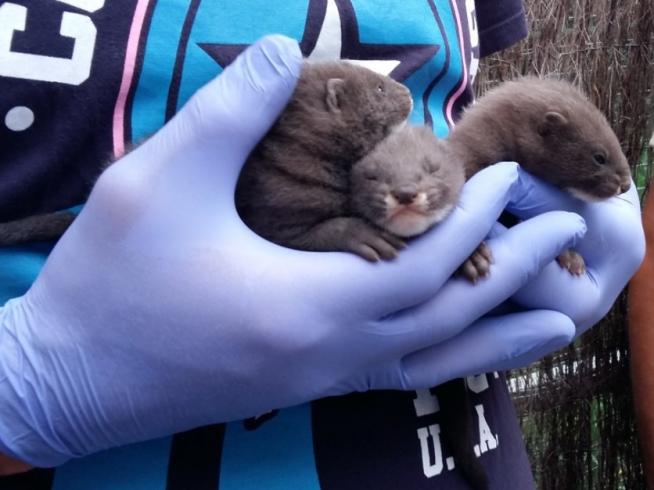This week, the Government of Aragon (Spain) ordered the slaughter of almost 100,000 minks from a farm located in the town of La Puebla de Valverde, in Teruel. This decision would’ve been made because it was detected that 87% of the specimens had contracted the COVID-19 virus and could become a focus of contagion of the disease. This information was confirmed by the Minister of Agriculture, Livestock, and Environment, Joaquín Olona, who assured that the slaughter of these animals must be carried out to «avoid risks to the population».
As reported by Olona, the farm in question was already from May under a precautionary immobilization that paralyzed the entry and exit of animals or any derived product. The measure was taken as a result of seven workers at this farm, which is the only one in the city, tested positive for the coronavirus test, which would’ve led authorities to suspect possible transmission from animals to humans.

The counselor publicly clarified that this would be a «hypothesis» and insisted that «no certainty can be transferred» about how the transmission occurred. However, despite the uncertainty, a total of 92,700 specimens of these highly prized mammals around the world for their fur will be euthanized for «any risk» removal.
Spain was one of the European countries hardest hit by the pandemic with more than 28,400 deaths. In recent months, it has been possible to minimize infections, but recently an increase in cases has been observed, which has forced the authorities to take the necessary measures to reduce the risks of infection.
The slaughter of the minks from La Puebla de Valverde joins that of Belgium and the Netherlands, where 140 fur farms export approximately 90 million euros in the fur of this species.
Since April, large numbers of mink infected with coronavirus have been detected on 17 farms in the Netherlands, forcing the Dutch government to slaughter more than 500,000 mink specimens to avoid a public health hazard.
It should be noted that in this country the breeding of minks will be prohibited from January 2024. This is because in 2013 the Dutch Supreme Court made a decision that questioned the morality of caring for these animals for the sole purpose of removing their fur.
Some Dutch political parties have tried to eliminate this practice since 1989, citing ethical issues and guaranteeing animal welfare. But since public health has been involved, the situation has given the Dutch Parliament a reason to bring its full closure ahead of the end of the year.